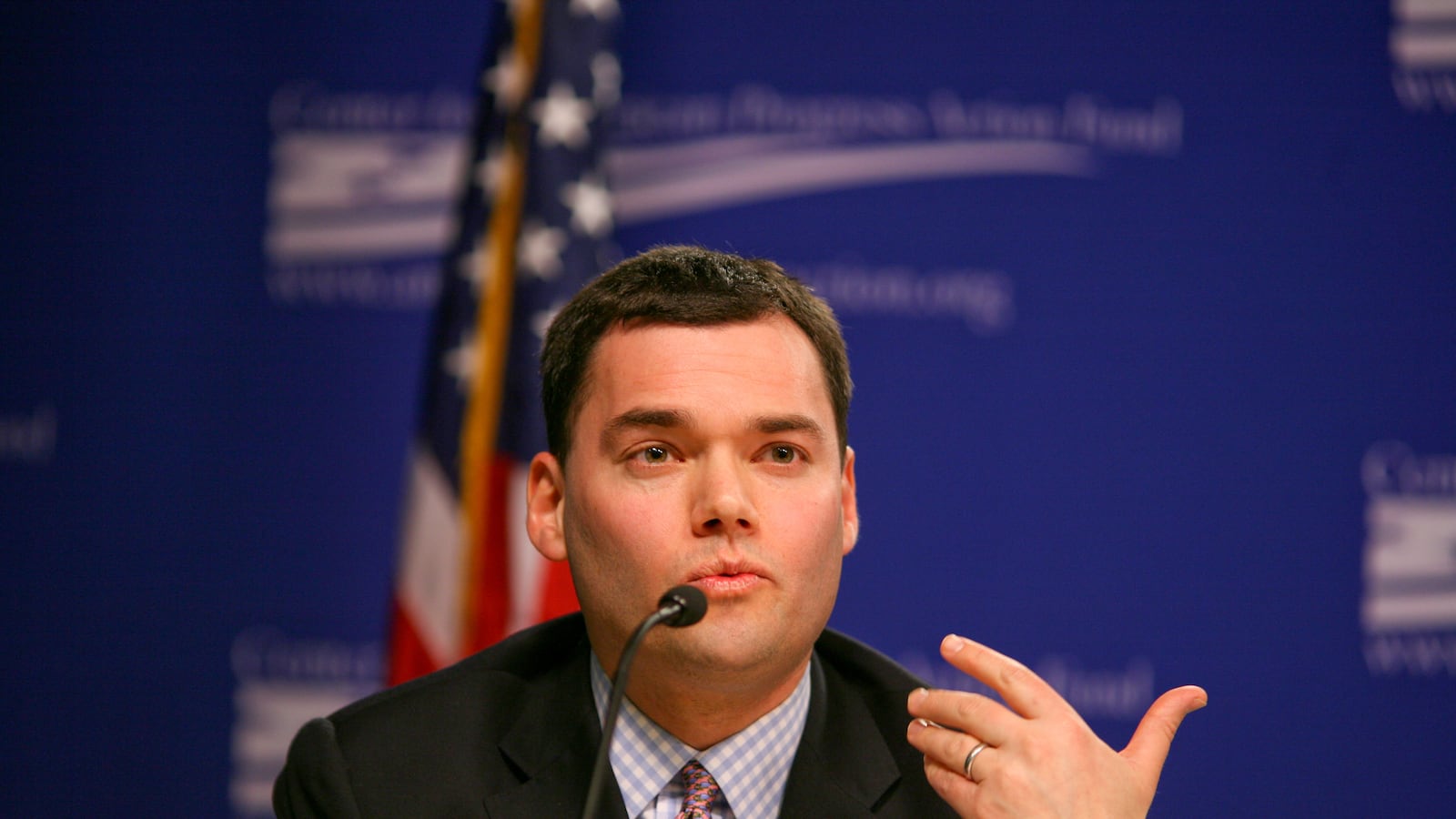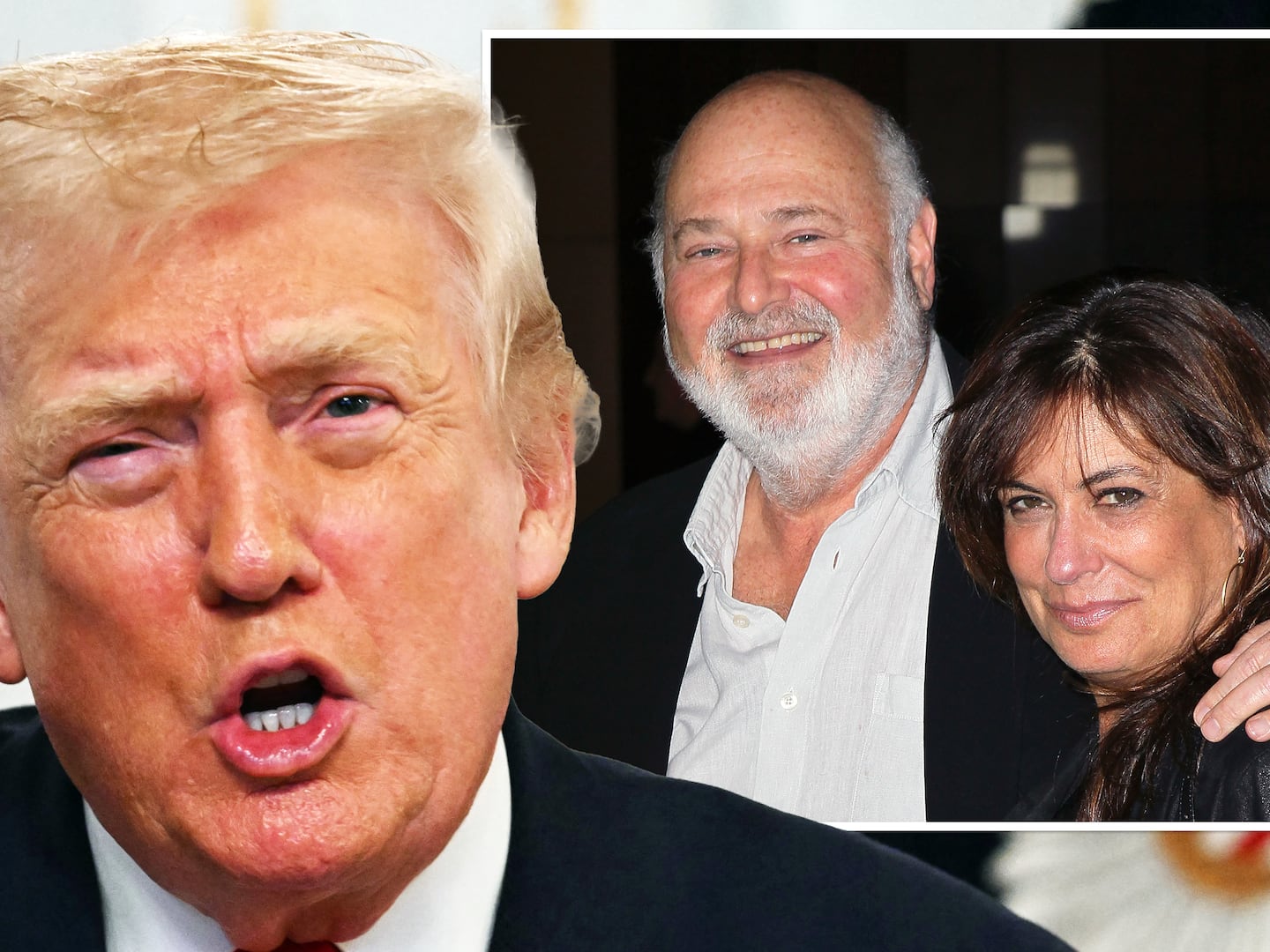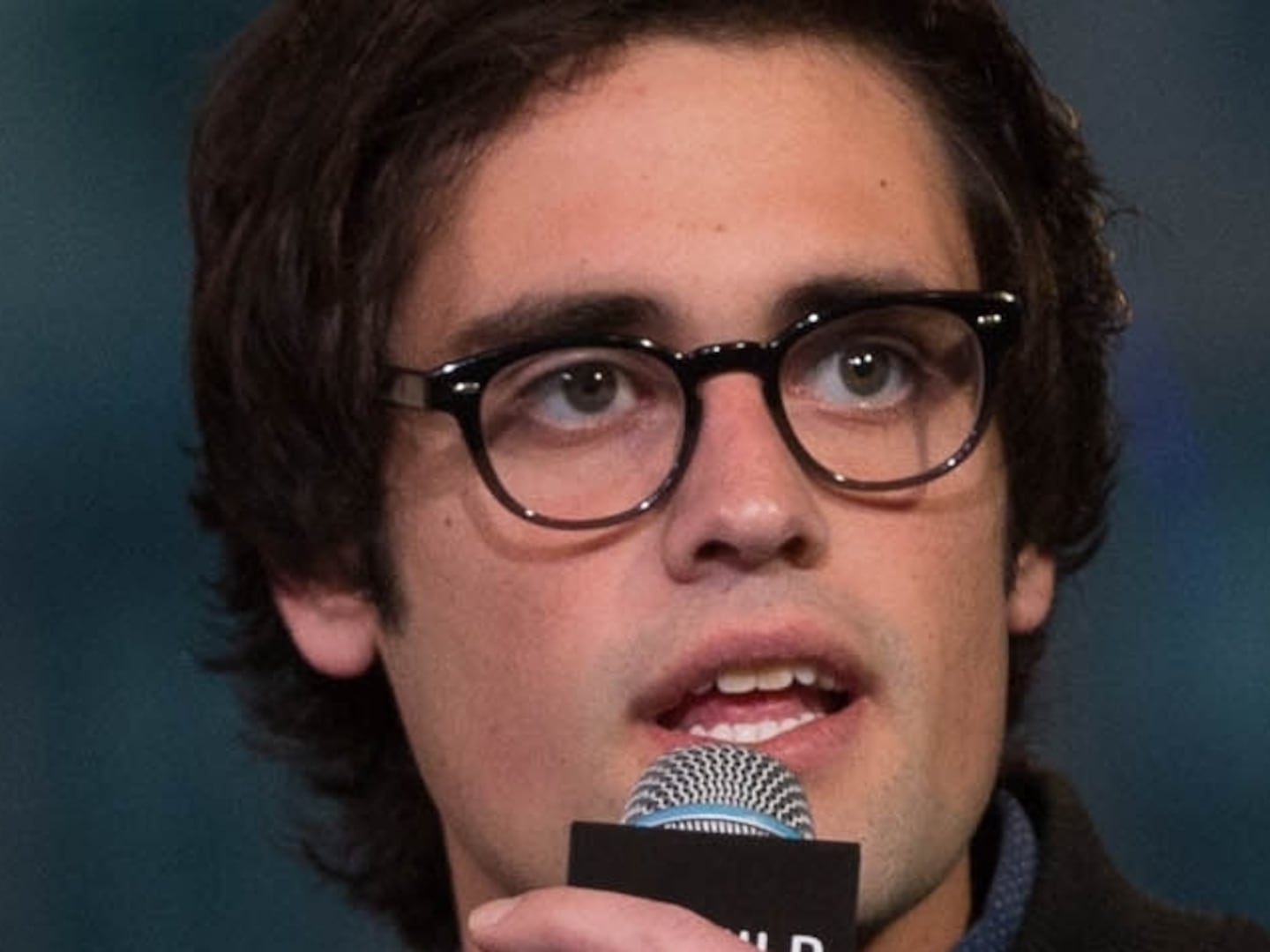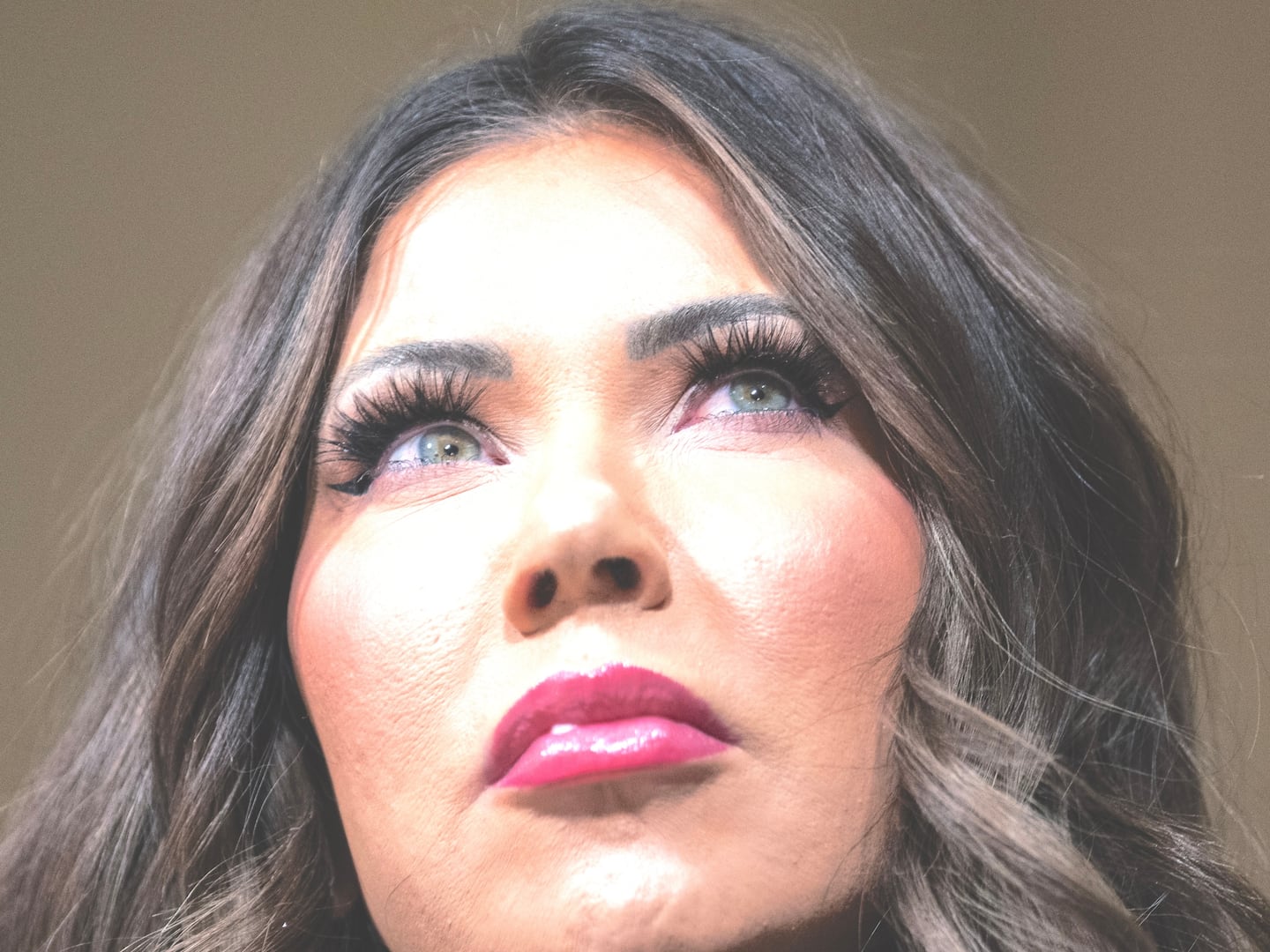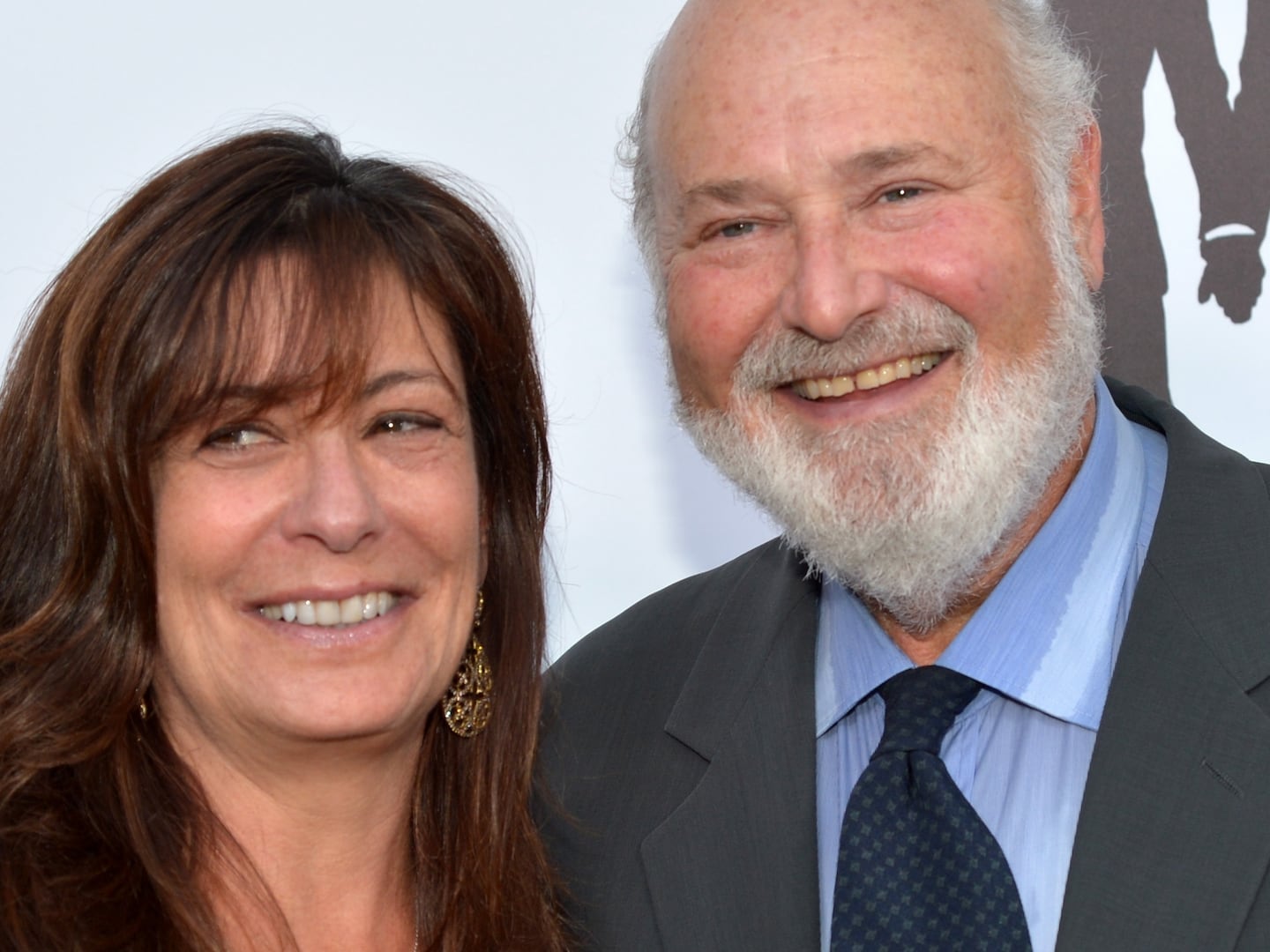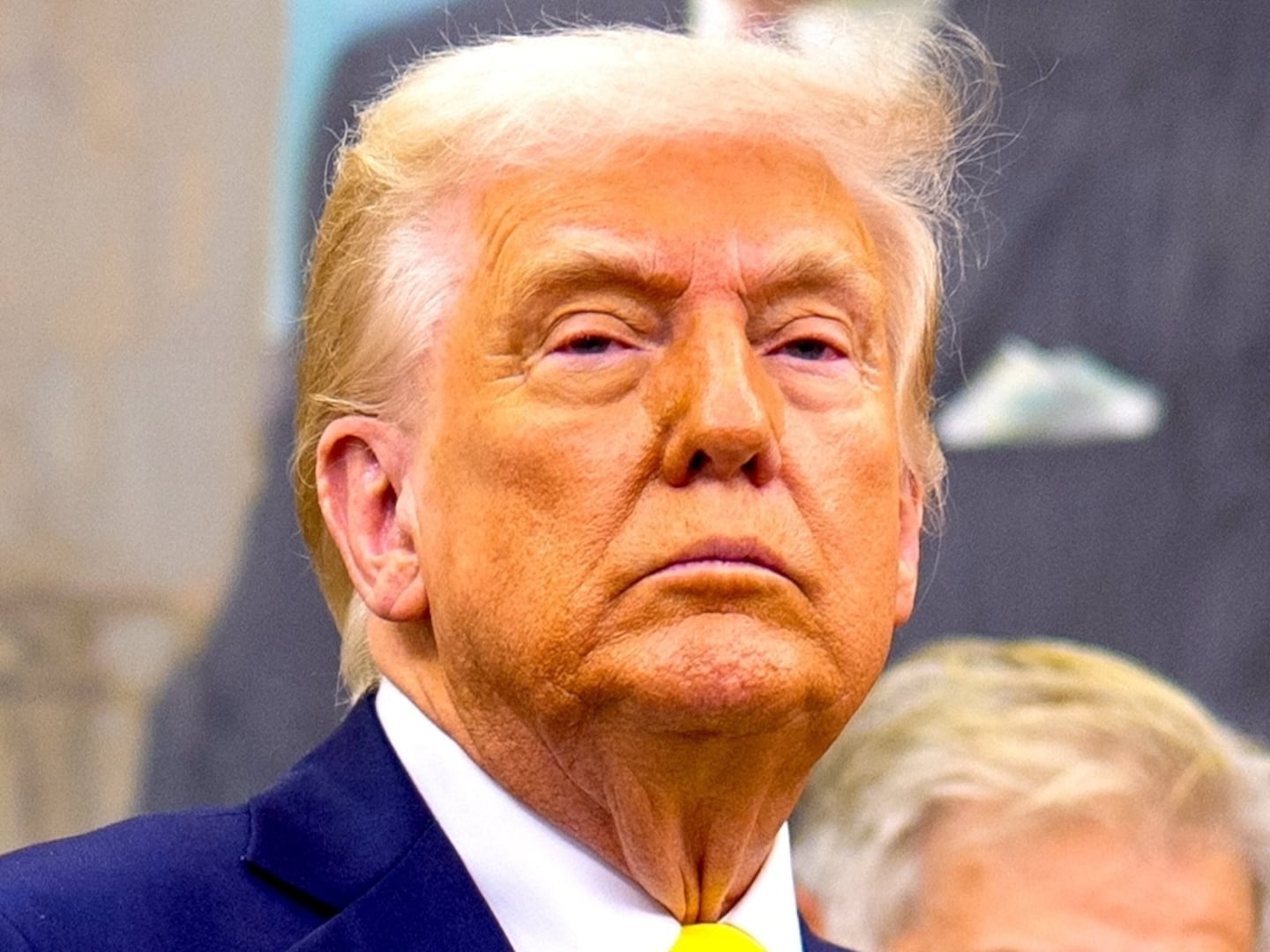Open Zion will be closing at the end of the year. In order to explain, I need to start at the beginning.
For most of my professional career, I didn’t write much about Israel. Partly, it’s because I didn’t know what I thought. Partly, it’s because I didn’t want to know what I thought. Most of all, it’s because I didn’t want to lose my community.
In my house growing up, losing your community was a sore subject. Jewish South Africa, especially before my parents left, was a womb. Imagine Jewish America in the post-war years, shrunk in size and with barely any on or off ramps into the society at large. To this day, when I meet South African Jews of my parents’ generation, they often start the conversation by placing me. They tell me who my uncles or cousins or grandparents are, and in what ways I resemble them. For my father, it was suffocating. For my mother, her hatred of apartheid aside, it was Eden. In Cape Town, Shabbat dinner was a boisterous succession of relatives and friends—eating, arguing, playing cards, watching the sun descend from the mountains to the sea-—from mid-afternoon until long past midnight. In Cambridge, Massachusetts, it was four Beinarts huddled around a small table in the freezing cold. My mother spent my childhood mourning Jewish South Africa, and warning us not to become atomized, deracinated Americans, severed from family and tribe.

One of my proudest accomplishments, when I became a parent, was feeling that my American children would have some of what my mother had lost. Our synagogue brought us meals when we came back from the hospital with each of our kids. Friends fell asleep on our couch during Shabbat lunch. And because it was Washington, we argued politics, including about Israel. But there were limits. You could worry that Israel was making mistakes, but you could not equate Israel’s mistakes with the Palestinians’ crimes. There was a guy at our shul who transgressed the bounds of the acceptable. I remember him claiming that the Palestinians were not entirely to blame for the failure of the Oslo Accords and that Israel had not truly “left” Gaza since it still controlled what and who went in and out. He was sweet-tempered and more religiously observant than me, but I couldn’t help feeling that he had relegated himself to the margins, tolerated but not embraced.
Don’t misunderstand: I’m not saying that American Jews who criticize Israel are persecuted, or that doing so requires any great bravery. It doesn’t. But there’s an inevitable tension between being part of a close-knit community and challenging what that community believes. As I began writing critically about Israel, I began to feel it. When I asked one friend to comment on the manuscript of my book, he at first replied that for the sake of our friendship, he would rather not. At the kosher for Passover resort where I had been a speaker for many years (and no longer am), one guest told the proprietors that he wanted a room that would allow him to walk to and from meals without ever laying eyes on me. One Saturday morning when I was walking to synagogue, a man asked me if I was Peter Beinart. When I said yes, he announced—loud enough for his kids and mine to hear—that “I think your politics are shit.”
I’d been expecting some of that. What I hadn’t expected was something else: The yeshiva student in Brooklyn who emailed me because he felt that his school’s depiction of Arabs was inhumane. The middle-aged employee of a right-wing Jewish group who told me she had grown so disturbed by the way her organization depicted Muslims that she began, literally, cold calling local Muslims so she could see for herself if they were as pathological as she had been told. The college student and Birthright alum who almost began to cry at a panel sponsored by the Jewish Federations of North America as she described feeling “betrayed” because what “I’ve been told growing up [about Israel]…a lot of it has not been honest and not been true.”
As these unusual experiences mounted, I began to wonder whether it might be possible to build a different sort of community, a group blog infused with Jewish commitment yet dedicated to a radically open conversation that included Palestinians. When I proposed calling the blog “Zion Square,” which later became “Open Zion,” some supporters said it was too parochial. But that was exactly the point. I didn’t want a purely universalist space, devoid of tribal commitment. I wanted to show that asking the hardest, most painful, questions about Israel could be a Jewish, even Zionist, act.
The most fulfilling part has been the community we’ve built. Our first employee, Elisheva Goldberg, was a high school AIPAC activist transformed by meeting Palestinians while studying at yeshiva in the West Bank. Our second, Raphael Magarik, studied Talmud most days after work. Our third, Ali Gharib, a gifted journalist born to Iranian immigrant parents, came to us after being accused, absurdly and viciously, of anti-Semitism. Creating a Jewish space where he could write fearlessly about Israel felt like a redemptive act. Our fourth employee, Amy Schiller, unlocked the secrets of Jewish philanthropy. Our fifth, Sigal Samuel, perfectly captured the blog's spirit when she wrote about cooking a Shabbat dinner with her hawkish, Sephardi grandmother using the recipes from a cookbook written in Gaza. Our sixth, Lisa Goldman, brought an intimate knowledge of Israel, born from eleven years as a journalist there. Our seventh, Simone Zimmerman, was yet another former AIPAC activist turned president of J Street U. And it was from J Street U’s extraordinary ranks that we drew many of our interns, writers and strongest allies.
Our core group of contributors included two of Israel’s greatest English language writers, Gershom Gorenberg and Bernard Avishai. It included the supremely talented Emily Hauser in Chicago and Brent Sasley in Texas and Mira Sucharov in Canada and Hannah Weisfeld in London. It included Hussein Ibish, a fierce opponent of both the Israeli occupation and of Hamas, and for my money the best analyst in Washington of the Arab world. We struggled to find more hawkish Zionist voices, but persevered because we knew that by excluding the right, we’d become the mirror image of the insular establishment conversation we hoped to challenge. Gil Troy spoke for the ordinary Israeli who believed Palestinians deserved a state but feared that Palestinians hadn’t accepted that Israel deserved one too. He periodically grew exasperated with some of what we published, but kept arguing rather than fleeing to a safer place, thus embodying the spirit of the blog itself.
Getting Palestinians to write, I was told, would be impossible. By including the word “Zion,” we had pulled up the drawbridge. But instead of saying no, Yousef Munayyer and Maysoon Zayid tested us. They equated Israeli policy with apartheid and insisted the country was built on ethnic cleansing. They argued that the very idea of a Jewish state was racist. For some of our Jewish editors, myself included, it was hard to read and harder to publish. But we knew that if we were taking a risk by publishing them, they were taking a bigger risk by writing for us. And when I saw the hatred they endured for fraternizing with the enemy, I began to see that our two peoples shared a common disease. Yousef and Maysoon were the crucial, final element of the community we hoped to build: a community that recognized that there can be no honest conversation about Israel that excludes the voices of Palestinians, who constitute fifty percent of the people under Israel control.
When I asked Maysoon to write about how she responds to people who assume that because she’s Palestinian she must hate Jews, she penned the immortal lines: “The concept of hating someone due to their faith is completely foreign to me. Their shoes, yes; their faith, no.”
I’m biased, but I think we were accomplishing something. Our traffic was good. We were read in the White House and cited by Rachel Maddow and Chris Hayes, Andrew Sullivan and David Frum. Alan Dershowitz, Danny Danon and Hanan Ashrawi came to us and asked to write. We played an important role in Chuck Hagel’s nomination battle. One day a recent graduate of Yeshiva University told me that Open Zion exposed to her perspectives she had never heard but needed to understand. A few weeks later, an Iranian-born academic told me almost the exact same thing.
Despite a parade of folks on twitter questioning our right to exist, we enjoyed the full support of our fiscal sponsor, The New America Foundation, and of the Daily Beast, where we lived online, both under Tina Brown and her successor, John Avlon. Fundraising was strong. We had a remarkable group of backers, many of whom supported us because they worried about the impact the American Jewish establishment’s insularity was having on their kids. We had several multiyear financial commitments and plenty of money in the bank.
So why will Open Zion close at the end of the year? For only one reason: I want to be a writer again. Running the blog, which meant serving not only as editor but as publisher too—responsible for raising all our money—left little time to do much else besides teach. I couldn’t find the time to write for my own blog. I could barely squeeze out a weekly column for the Daily Beast, let alone write the several longer essays for which I’d been gathering string. I loved Open Zion but more and more felt that it was keeping me from what I wanted to do most.
When Atlantic Media offered me the chance to focus on writing again—via columns for theatlantic.com and essays for National Journal—it felt like a precious opportunity since no ideas-oriented magazine has better navigated transition from print to web. When Haaretz—which is making a major push into the American market—offered me a home for my Israel and Jewish writing as Senior Columnist, I knew I wouldn’t have to abandon the causes Open Zion championed. To work for an American magazine founded in 1857 as part of the struggle for abolition and an Israeli newspaper that has been championing a democratic Jewish state since 1919 fills me with awe.
My departure reflects no lack of confidence whatsoever in The Daily Beast and its excellent editor, John Avlon, for whom I have enjoyed working immensely. I’ll be lucky enough to maintain a relationship with The New America Foundation, which under Anne-Marie Slaughter is poised to become an even more important incubator of political ideas. I’ll remain associate professor of journalism and political science at City University of New York.
As sad as I am that Open Zion will close at year’s end, I’d like to think we’re part of a tradition that began long before us and will endure long after. In 1918, under the leadership of Louis Brandeis, the Zionist Organization for America declared itself in favor of “political and civil equality irrespective of race, sex, or faith of all the inhabitants of the land.” When Menachem Begin visited America in 1948, Albert Einstein, Hannah Arendt and Sidney Hook denounced the “ultranationalism, religious mysticism, and racial superiority” that menaced the democratic character of the new Jewish state. In 1973, Breira called on American Jews to “recognize the legitimacy of the national aspirations of the Palestinians” and to resist “those pressures in American Jewish life which make open discussion of these and other vital issues virtually synonymous with heresy.” In 2007, near the end of his life, Rabbi Arnold Jacob Wolf wrote, “I love Israel as the prophets did—demanding that Israel be the Covenant people.”
I’d like to believe that just as Breira made Open Zion possible, we will pave the way for others. And that one day, young American Jews will be able to plant themselves smack in the center of our community, ask the hardest, most fundamental questions, advocate fiercely for Palestinian rights and dignity, and be told by their elders what they already know in their hearts: That they are doing our people proud.

